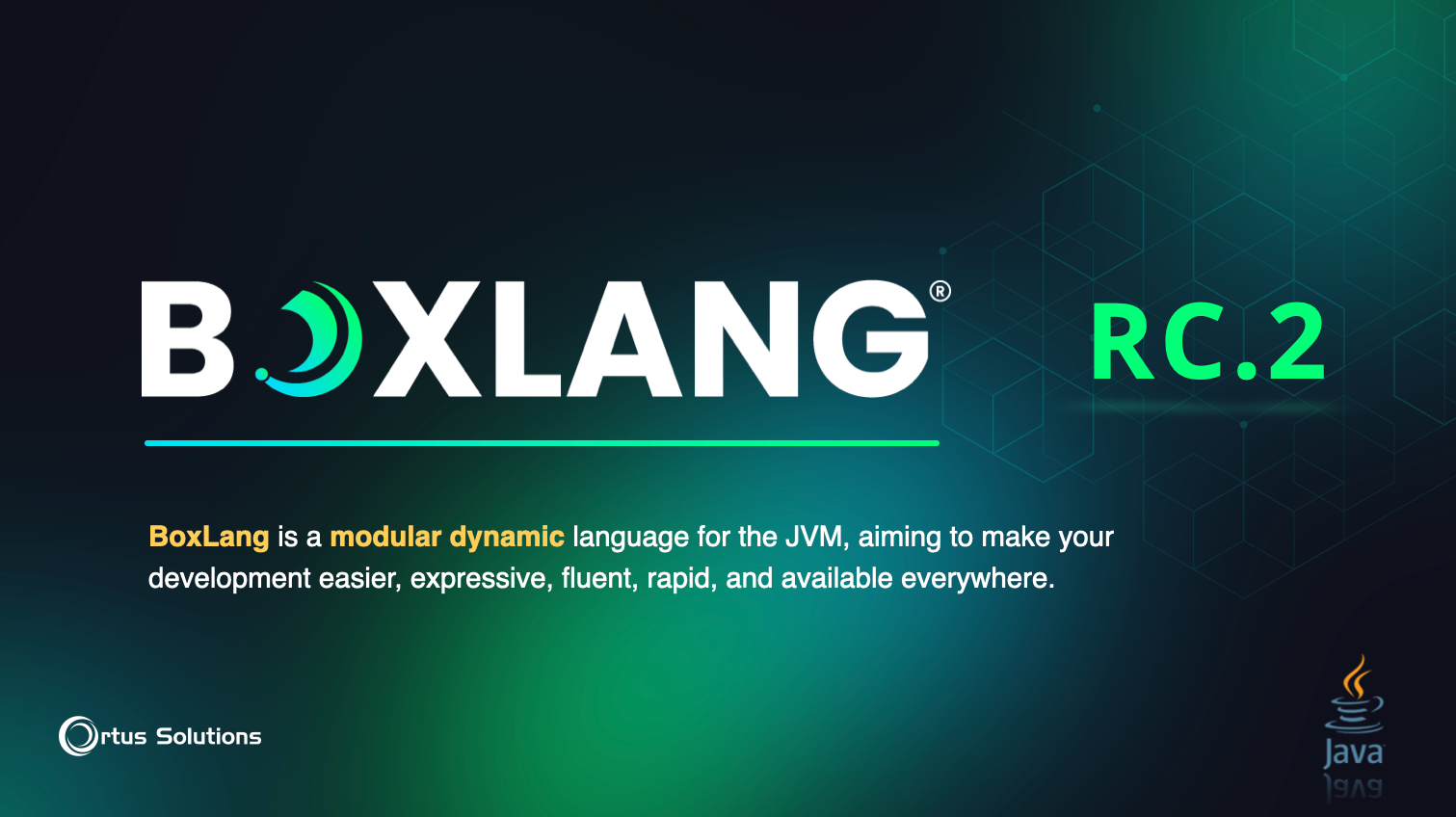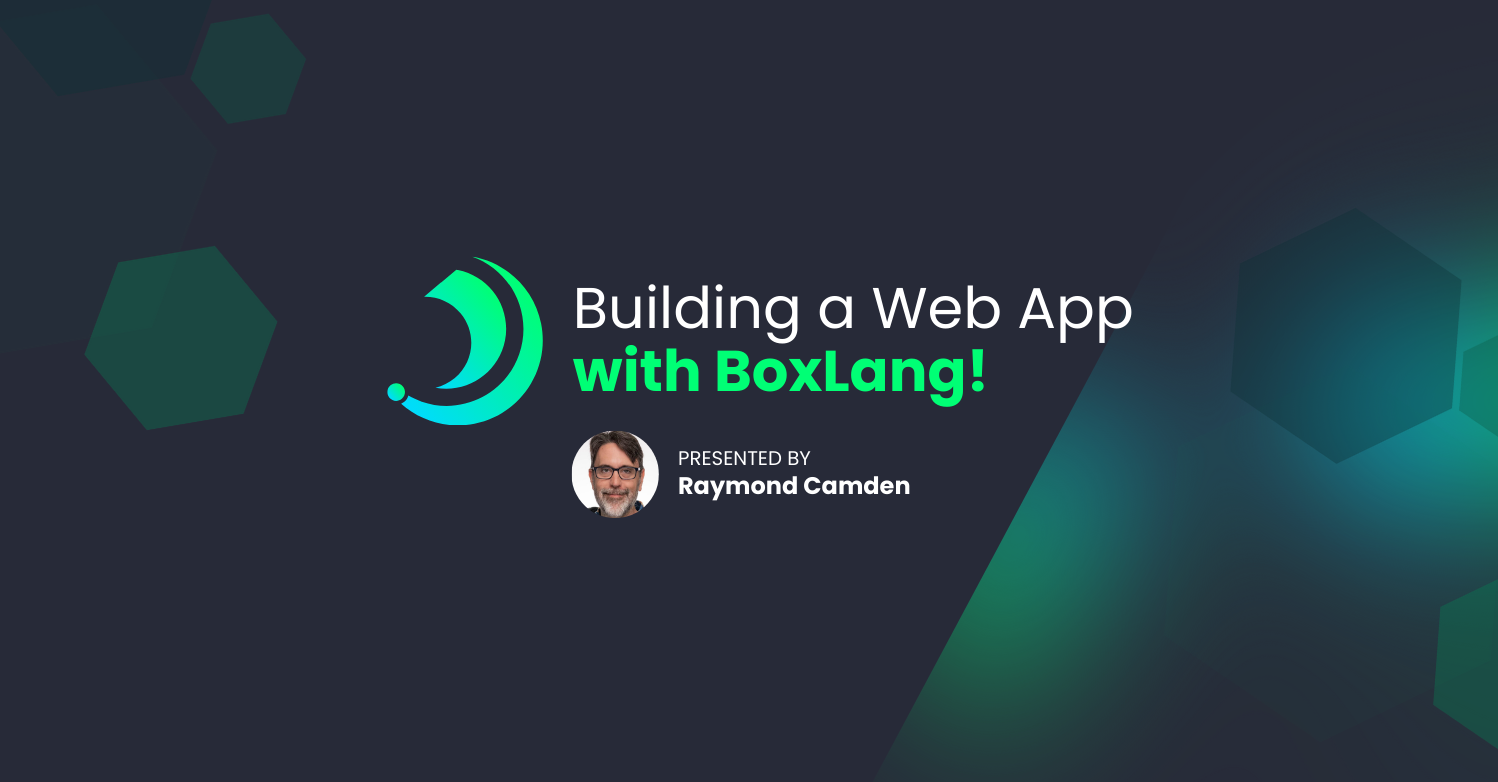In this entry I will go over how to leverage ColdBox's Modular architecture to RESTFul routing.
In ColdBox, every module's ModuleConfig.cfc you create has two important facets for building RESTFul services: 1) The this.entryPoint and the 2) routes structure in the configure() method.
If you are creating ColdBox applications using modules, then you will benefit with the capability to nest entry points so they can match to nested sub-modules. Let's say you have the following module structure:
+modules
+ api
+ security
+ data
Then we can create a URL hierarchy to match any sub-module of the api module by leveraging the EntryPoint and the routes configuration.
Parent EntryPoint
The entry point in any module you create will become the pattern argument to a addModuleRoutes() call in the ColdBox routing services. This is important as any rules that apply to URL patterns applies to the entry point, e.g. you can use expressions, nesting, etc.
addModuleRoutes( string pattern, string module, [boolean append='true'] )
In the api module our entry point will simple become:
this.entryPoint = "/api";
This means that any incoming URL that has the /api prefix will be routed to the API module.
Parent Routes
The routes structure in the configure() method will be used to declare routes for the module you are building. You can declare all routing inline in this structure or actually declare an array of locations of routing CFM templates to load. By default, every module comes with a single route declared:
routes = [
{ pattern="/:handler/:action?" }
];
In the parent api module you can now register the sub-module entry points so if the parent receives a URL request, the module will then re-direct it to the sub-module:
routes = [
{ pattern="/security", moduleRouting="security" },
{ pattern="/data", moduleRouting="data" }
];
That's it. We have now created sub-module routing by leveraging a URL pattern argument and the moduleRouting argument which dictates to what module to re-direct the routing discovery. This will empower you to create very expressive URL entry points in a modular fashion.




Add Your Comment